There’s no denying that many of us put great lengths of time and effort into creating and maintaining our gardens. One of the biggest sensations of gratification that we get from gardening is being able to simply take our crops from garden to table. And for a large majority of us, one of the ultimate feelings of gratification is knowing that not only did we grow what’s on our plate ourselves, but we did that without all of the icky pesticides. But here’s something to keep in mind: all of that hard work and dedication put into avoiding toxins, can be a lost cause if you are not careful on how you set up your garden.
Vegetables contain many essential vitamins and minerals needed to keep us in tip top shape, this we all know. But did you know that some vegetables can also be a perfect vessel for toxins to accumulate in your body as well? Yes, even vegetables from your very own garden!
There are a variety of vegetables known for picking up a significant amount of toxins from their environments. Here we’ll take a look at the vegetables that tend to soak up the largest amount of toxins, and what we can do to avoid this from happening.
Leafy Greens
Examples: Spinach, Kale, Lettuce, etc
Yes, our good ‘ol leafy greens are very vulnerable to toxins in their close environment. If your garden is placed near a road, then of course you know that the leaves will be picking up toxins from the pollution left behind from passing cars. You can give your greens a good rinse before you dig in, but the real trouble lies in the soil. Soil can be a carrier of a large variety of different toxins and heavy metals. Leafy Greens are super absorbers of both cadmium and arsenic. Cadmium is a soft malleable metal found in zinc ores. Organic arsenic, as most of us know, is also a naturally occurring element. Although natural, these elements are extremely toxic to humans when ingested in small quantities over a long period of time.
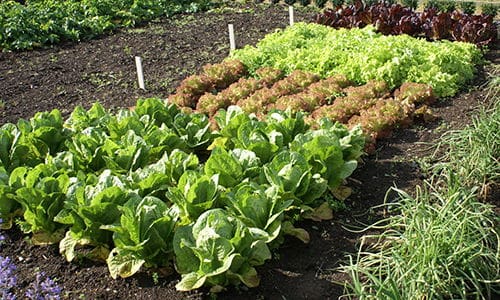
Root Vegetables
Examples: Potatoes, Radishes, Carrots, etc
Just like our leafy greens, our beloved veggies that grow out of sight from the sunlight are prone to slurping up large quantities of naturally and (unnaturally) occurring elements in soil that we would like to ingest as little as possible. Root vegetables have a tendency to soak up large amounts of lead amongst other toxic elements, such as arsenic.
Related: 10 Foods Not To Store
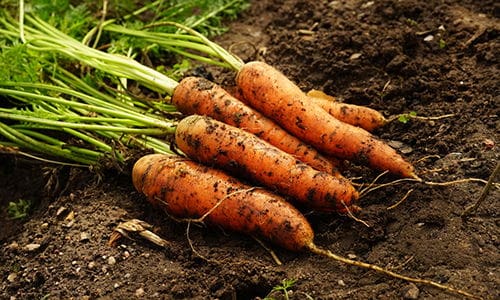
Other Super Slurpers
There are other common vegetables that are so efficient in clearing soil of certain toxins, that they are used specifically for that purpose. Take our long lasting fall time favorite, the pumpkin, as an example.
At an old Magic Marker factory site in Trenton, New Jersey, the planting of pumpkins was used to help soak up the toxins in the soil in preparation for turning the old lot into an elementary school and apartment complex. It was suggested that pumpkins and their vines would be hyper-sufficient soaking up the abundant amounts of petroleum hydrocarbons, lead, chromium and arsenic (amongst other toxins) that were found on the lot after having the soil tested. In other similar cases, Alpine Pennycress was used to help clean up old mine sites in Britain, and even more surprisingly, Sunflowers are used to help soak up radioactive metals near the Chernobyl nuclear site.
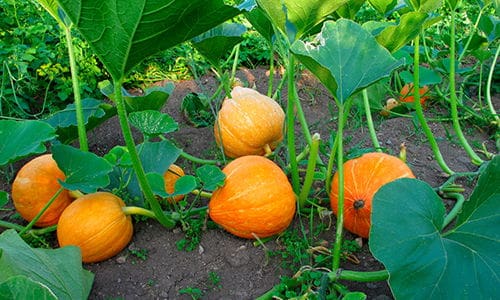
So what does this mean for you? And how can you be sure to keep toxins in your vegetables to an absolute minimum?
There are various things you can do to help keep high amounts of toxins out of your vegetables, and most of these steps are to be taken when planning to start your garden.
Test Your Soil
You can have your soil examined through samples sent by mail to specialty laboratories or through your local government (reach out to your town or city hall for more information). The tests will be able to show you a breakdown of exactly what is inside your soil. With this information, you’ll be able to establish whether the soil currently on your land is a safe choice for growing your veggies.
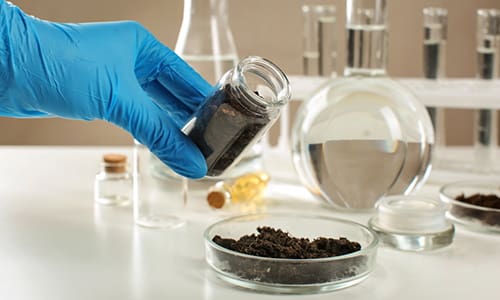
Keep Up With Soil pH
Having well balanced soil pH makes sure that your plants are focused on slurping up the right amount of nutrients it needs to thrive, rather than just anything and everything it comes into contact with. To put it more simply, a good soil pH will help keep toxins at bay.
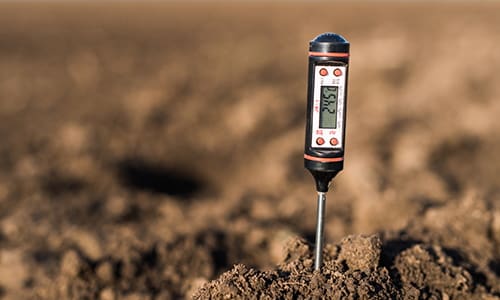
Be Aware Of Your Surroundings
Of course there are areas where we should put even more thought into planning our gardens before planting. For example, it’s best to keep gardens away from your house, particularly if you happen to live in a structure built before the year 1978, to be sure that the soil by your home, as well as any dust created from the house, will not contaminate your crops from lead (paint) or asbestos.
If you happen to live in an area that has a fair amount of industry, there most likely will be toxins in the air that create dust that can settle on your soil. Toxic Metals from air pollution tend to settle on the top 2 inches of soil, and they’re there to stay. It may be worth considering covering your vegetables with a wind block on particularly windy or stormy days.
And lastly, keep your plants as far away from the road or driveway as you possibly can.
Related: How To Organize Your Garden For Maximum Harvest
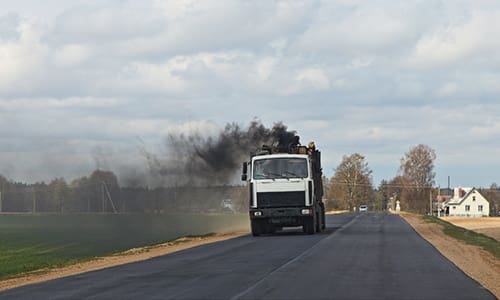
Raised Garden Beds
Raised beds can help you have better control of your vegetables’ exposure to their surroundings. One of the easiest ways of reducing exposure to these toxins is by filling your raised garden beds with certified Organic soil from official establishments, such as the Organic Materials Review Institute.
Toxins really are everywhere, and in a perfect world, we would be able to avoid them all together.
At least, with the information we have on which of our vegetables tend to pack in large amounts of toxins, we can better control what ends up in our bodies.
You may also like:
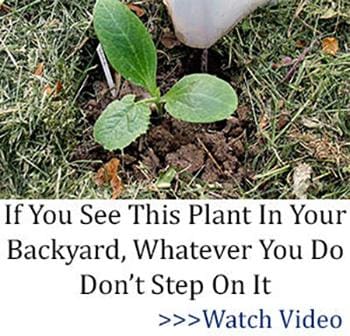 Boost Your Soil Quality With This Compost
Boost Your Soil Quality With This Compost
What To Do With ALL Your Frozen Food Once The Power Goes Out (Video)
How You Can Keep Rodents Out Of Your Garden
How to Adjust the pH in Soil and Water for Abundant Harvests
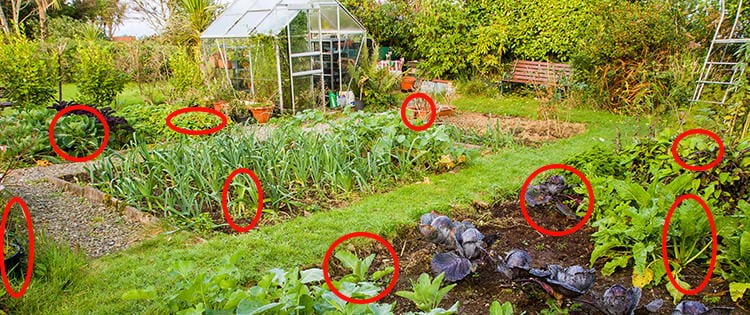

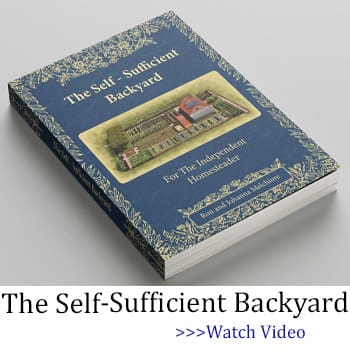


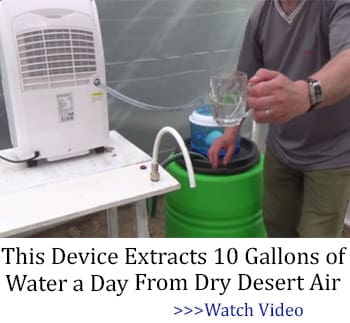
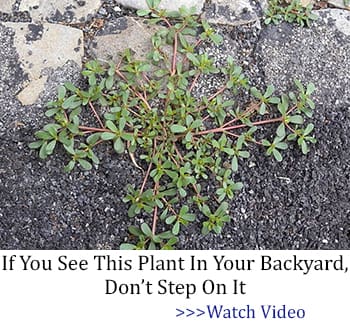
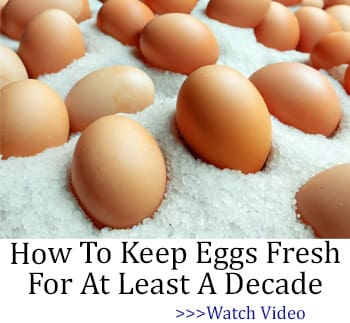

Thank you so much for the heads-up! I had no idea!